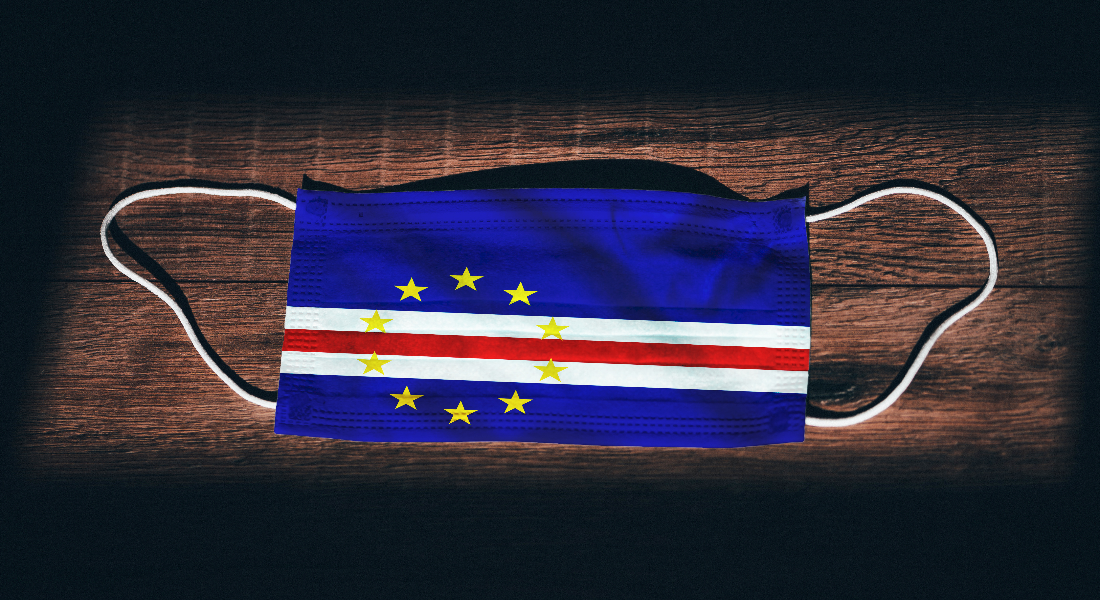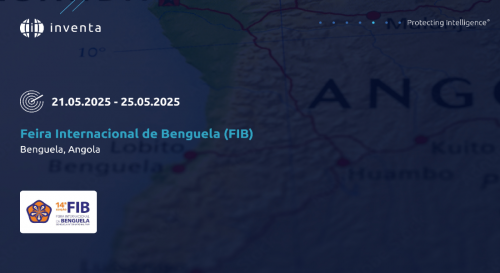
The impact of covid-19 on IP rights prosecution in Cape Verde
The majority of IP practitioners have had to adapt their routines to the current pandemic and create new working habits. This has meant remote working, which is running smoothly thanks to the availability of online tools and access to IP asset management platforms. Many IP offices have had to implement different practices, which has been challenging as some cases require immediate response. This article focuses on the obstacles raised by the covid-19 pandemic with regard to the administrative processes of IP rights in Cape Verde.
Cape Verde relies on an old-school model of filing, which demands in-person filing accompanied by original and/or notarised supporting documentation. These formalities quickly became an obstacle to filing, as it is extremely difficult (and sometimes impossible) for applicants to send land or air courier or certify documentation in the notary public.
On 18March, the Cape Verde Patent and Trademark Office (PTO) closed its doors and issued a circular, which declared that there would be:
- a suspension of deadlines;
- an allowance of e-submission of new applications/other IP acts;
- an allowance of submission of soft copies of the supporting documents with no need of certification; and
- a settlement of a two-month deadline after the contingency period to submit all the original and duly certified documentation.
The PTO took swift action on some of the challenges created by the outbreak. However, its technicians, now working remotely, faced major obstacles. Workflow slowed, which is possibly due to the fact that there was insufficient time to prepare remote working tools.
The technical teams performed their work without full access to their database and relied on available and existing tools in their households. The main areas affected were the issuance of filing receipts, which officially confirms the submission of IP acts at the PTO (postponed until its reopening), and the publication of the IP Bulletin (none have been published so far this year).
In short, tasks were not performed to full capacity due to the understandable limitations provoked by the sudden, but necessary internal alterations.
The PTO reopened its doors on 18 May and is making a great effort to handle ongoing processes and IP matters.
Comment
Even though there were some setbacks, the PTO has risen to the administrative challenges brought on by the coronavirus outbreak and the measures to reduce paperwork and the introduction of digital filing worked out smoothly. In the event the PTO desires to implement e-submission of IP acts, this will benefit IP practitioners and applicants in the future, since it will speed up the registration process and reduce the associated costs with forwarding original documentation.
This is a co-published article, which was originally published in the World Trademark Review (WTR).
Currency Info
Final charges will be made in USD.
Currency conversion is for information purposes only and accuracy is not guaranteed. Overseas customers are encouraged to contact their bank or credit card provider for details on any additional fees these institutions may include for currency conversion.
Territory List
There are no results for your search.
- Africa
- Algeria
- Angola
- Benin
- Botswana
- Burkina Faso
- Burundi
- Cameroon
- Cape Verde
- Central African Republic
- Chad
- Comoros
- Congo (Republic)
- Côte d'Ivoire
- Democratic Republic of the Congo
- Djibouti
- Egypt
- Equatorial Guinea
- Eritrea
- Eswatini (Swaziland)
- Ethiopia
- Gabon
- Gambia
- Ghana
- Guinea
- Guinea-Bissau
- Kenya
- Lesotho
- Liberia
- Libya
- Madagascar
- Malawi
- Mali
- Mauritania
- Mauritius
- Mayotte
- Morocco
- Mozambique
- Namibia
- Niger
- Nigeria
- Réunion
- Rwanda
- Sao Tome and Principe
- Senegal
- Seychelles
- Sierra Leone
- Somalia
- South Africa
- South Sudan
- Sudan
- Tanzania (mainland)
- Togo
- Tunisia
- Uganda
- Western Sahara
- Zambia
- Zanzibar
- Zimbabwe
- Africa (OAPI)
- Africa (ARIPO)
- Other
- East Timor
- Macao
- Maldives
- Portugal
- European Patent (EPO)
- European Union Trademark (EUTM)
- International Trademark (Madrid System)
- Patent Cooperation Treaty (PCT)




